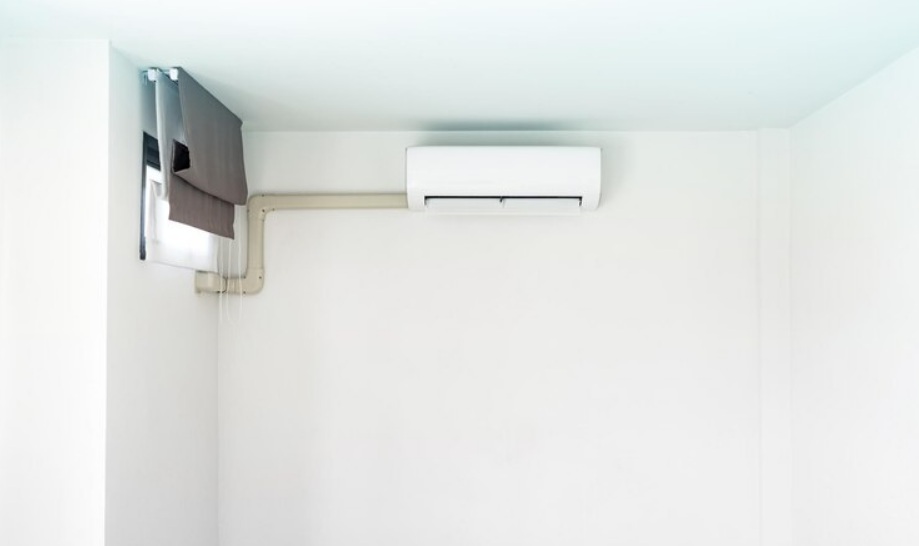Seasonal Allergies: Fight Back with HVAC
Seasonal allergies impact countless people across Alabama. Did you know HVAC systems directly affect the indoor air quality of a house? Some of the smallest pieces of your HVAC system play the largest part in air quality. Luckily, Hans Heating&Air knows how to beat allergies with the help of your HVAC system .
Seasonal Allergies: The Facts
Allergies span across the country but compared to other places—in the United States, and Alabama, specifically—Montgomery boasts relatively low particle pollution . From 2015 to 2017, Montgomery had zero high particle pollution days. This means that allergens and other air pollution are low enough to stay under the American Lung Association’s radar.
Of course, some particles are inevitable. Plants, cars, airplanes, factories, and more contribute to outdoor air quality. These particles trigger allergies and asthma to act up. Still, Montgomery’s air falls under the category of healthy in terms of quality. Way to go Montgomery!
When you enter a building, however—residential or commercial—you enter into the realm of indoor air quality, or IAQ. Often, poor air quality indoors points toward a dysfunctional HVAC system rather than poor outdoor air quality. In addition, due to greater home energy efficiency, our homes have less ventilation and greater indoor pollution. Because we spend so much time indoors, at home, school, or work, indoor air quality matters.
Common Allergy Triggers
Despite Montgomery’s clean air, allergies still find a way to arise. Seasonal allergies prove difficult to manage because irritating elements are often inevitable. Here are some common allergens found indoors:
- Pollen: When you think of seasonal allergies, pollen probably comes to mind. Flowers and plants in bloom spread pollen with the help of insects, animals, wind, and humans. Excess pollen in the spring and summer makes allergies worse because it irritates our eyes, nose, and lungs.
If you’ve spent time outdoors, be sure to wash your hair before bed. Don’t spend all night inhaling the microscopic pollen spores you’ve brought to your pillow!
Also, leave shoes at the door. If you have big gardening projects, take your allergy medications before exposure to outdoor or indoor allergy triggers. - Mold and mildew: Mold and mildew often go hand-in-hand. Both require water accumulation to grow—though mold grows other ways too. In spring and summer, water collects more frequently so mold and mildew growth increases.
Mold and mildew send spores into the air, which triggers allergy symptoms. Because we have a high amount of humidity in Alabama, mold is a common occurrence. Get rid of any wet leaves hanging around from last fall and be sure to run fans in the bathroom.
Ventilation is key. Sometimes people find mildew and mold in the back of closets if there’s not enough air circulation. - Animals: Got pets? Spring and summer mark a time of change for our furry friends. Warmer weather increases the amount of fur animals shed, which leads to allergy symptoms. Fleas and other aggravations also increase itching, which means there’s more dander in the air.
- Dust: Seasonal allergies also kick up if you spring clean. Dust comes out of everything when you clean, and those particles get trapped in your nose and eyes. As a result, you have more allergy symptoms.
How HVAC Helps Fight Allergies
Fortunately, HVAC systems are allergies’ biggest enemy. ECPs, or environmental control practices, like these help reduce allergens in the air to give you a high IAQ:
- High-quality filters: Even with Montgomery’s low particle pollution, an HVAC system still needs a filter. These filters get rid of all those allergy triggers mentioned above. They collect the harmful particles, which ensures the air in your space contains as few pollutants as possible to keep seasonal allergies to a minimum. Change them once a month for the best results.
- IAQ thermostats: Smart thermostats change temperature based on the environment. IAQ thermostats function similarly, but they focus on air quality. They give you the ability to control air purifiers, ventilation systems, and humidifiers. Additionally, this element of control also saves you money because the system runs based on the environment rather than a manual command. Win-win!
- Clean your HVAC system: Any dirt, dust, or other allergens around your system contribute to the indoor air quality. Dust the system regularly and sweep the area to ensure those particles stay away from the HVAC.
HVAC Preventive Maintenance
The best way to beat seasonal allergies is to schedule regular HVAC maintenance. Maintenance ensures the HVAC system functions properly all year. When that happens, allergens are taken care of before they become a problem.
Contact Hans to Improve Your Seasonal Allergies
Alabama’s hot summers are more fun while you fight your allergies. HVAC systems provide you with everything necessary for a clean, comfortable home when seasonal allergies arrive. Call Hans Heating&Air today for more information on HVAC maintenance and to schedule a visit .




.jpg)












